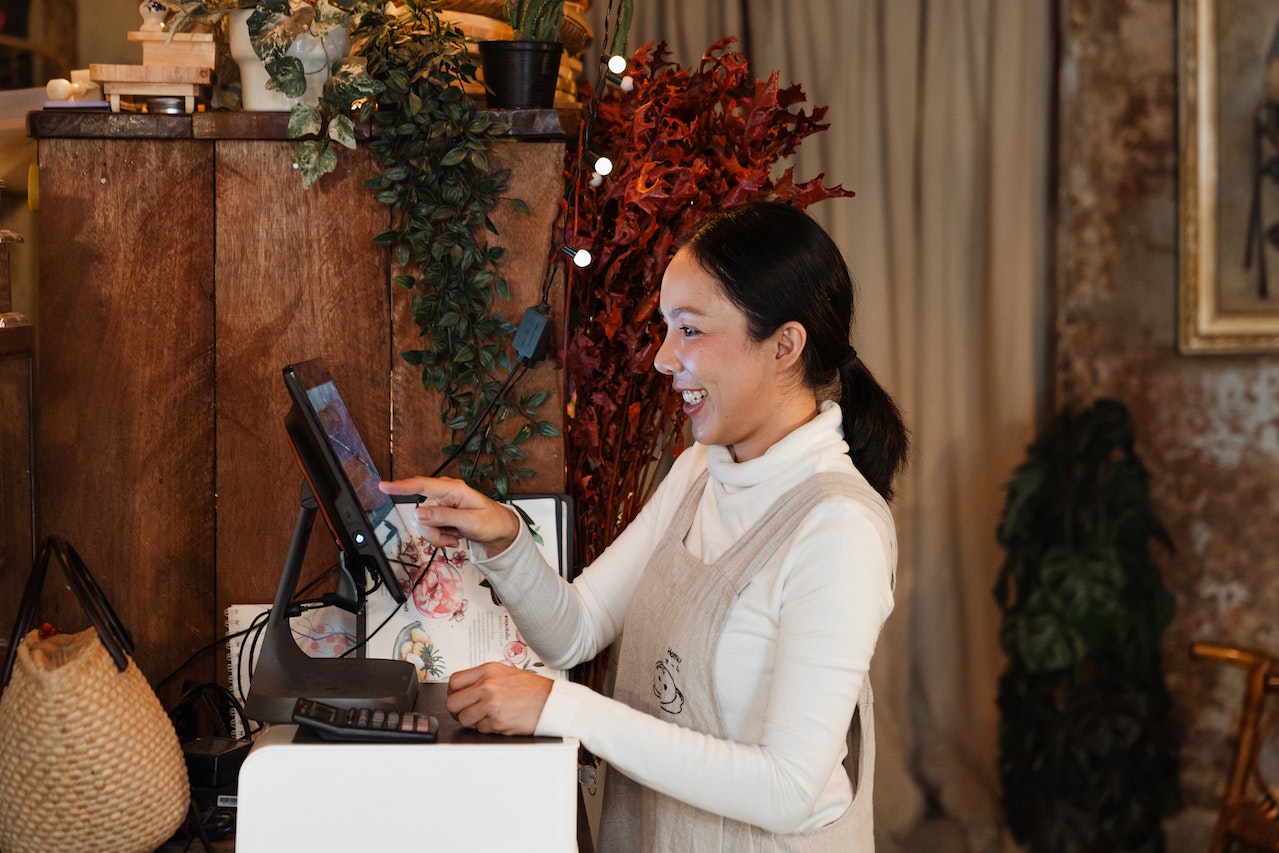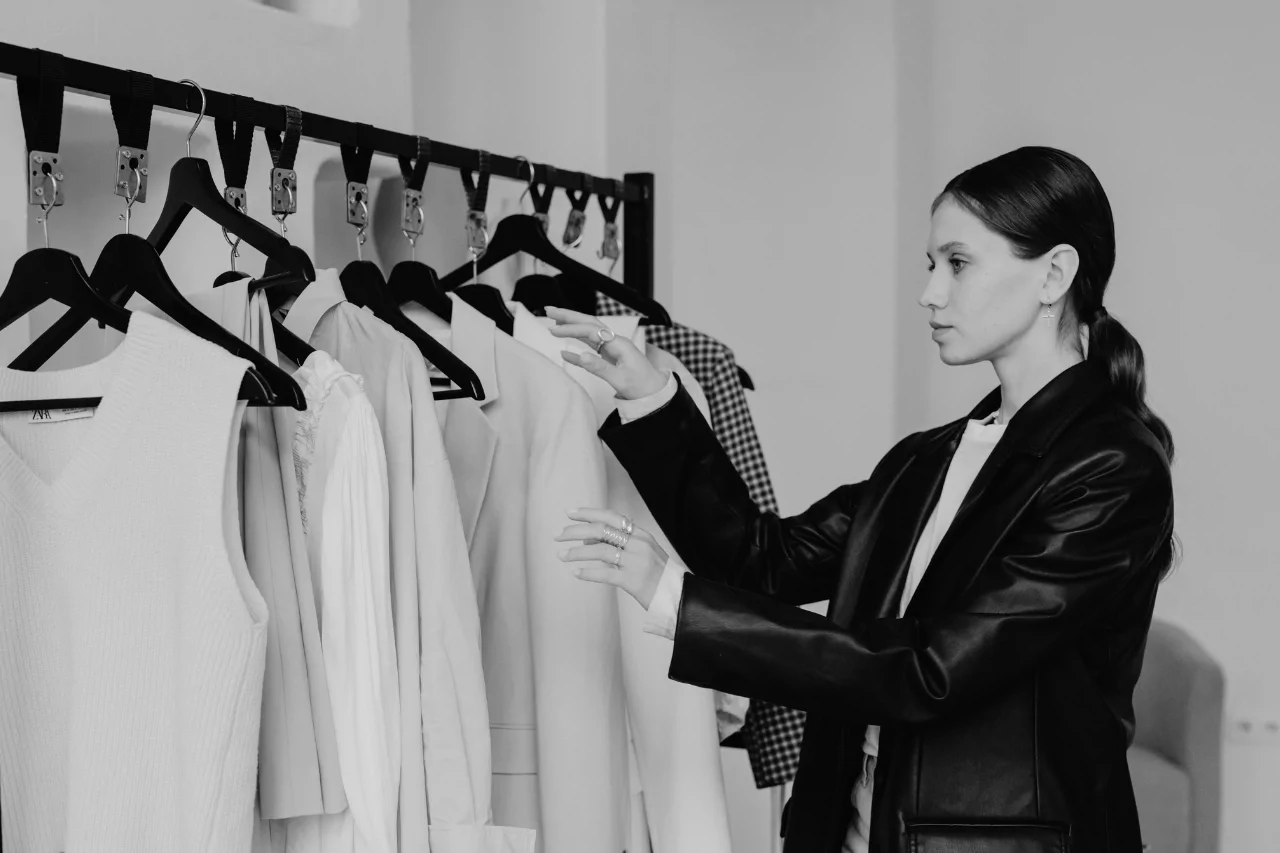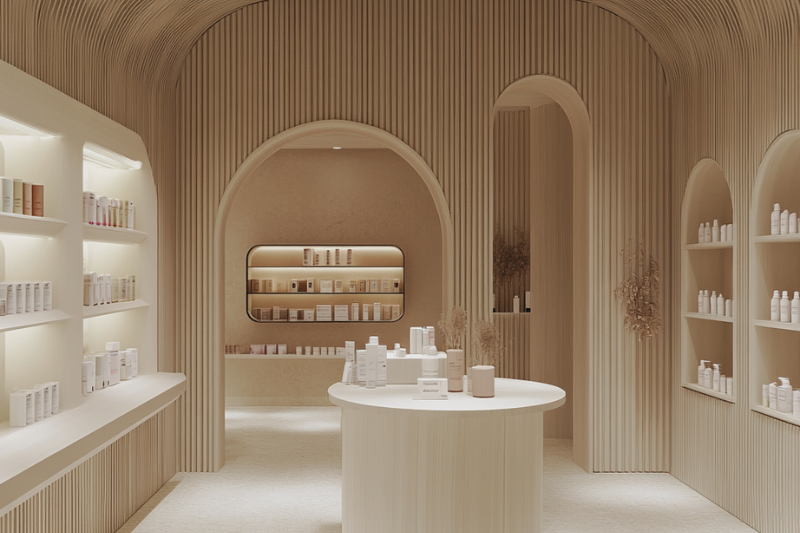Covid has left little sparkle in the eyes of the high street.
The future of retail looks decidedly less bright with the announced departure of some of our favourite shops - most recently John Lewis’ warning of further store closures following losses of over £500m. It may, therefore, come as a surprise to hear that now is still an exciting time as ever (if not more) to work in retail. Here’s a few reasons why.
1. An online opportunity
Lockdown may have prevented us from browsing physical shops, but it didn’t stop us from browsing online. While the digitisation of our shopping habits happened long before Covid, the pandemic has certainly fast-tracked the retail tech revolution. The need for rapid change has provided plenty of fuel for discovery and innovation. This is certainly true for luxury brands, many of whom took a very traditional approach to marketing and sales prior to Covid. Iconic household names who once used to thrive off of private social engagements and personal, in-store appointments have now had to rethink and re-strategise to earn their custom. Drew Elliot, Global Creative Director of MAC, explains how brands must now take on the role of entertainers, finding new and original methods to engage overstimulated audiences. “The data suggests that it is time for brands to rethink their social media strategy. Specifically, they need to re-evaluate how to exploit existing platforms more effectively, capitalise on the rise of new platforms and understand how to generate direct sales through social platforms” - The 2020 State of Fashion Report, McKinsey & BOF
2. Fresh competition
The economic fallout from the pandemic is certainly a cause for concern - but there’s often a rainbow on the other side of rain. This is true for smaller brands and start-ups, who can exploit new and emerging market opportunities. As we saw with the 2008 great recession, the financial downturn allowed start-ups like WhatsApp to Instagram - companies that now dominate the stock market - to unlock new audiences.
3. Sustainability as a key driver of innovation
It is not only lockdown and the tech revolution making companies hungry for change - the sustainability movement itself has ignited a huge global trend towards finding new and eco-conscious ways to market and trade products. The past year has seen the public engage in some pretty serious conversations surrounding fast fashion, overconsumption and waste. Brands who are not quick to adapt are often scolded for their indifference, rendering the need for green innovation strategy crucial.
4. Luxury retail’s immunity to economic turbulence
Whilst many companies have been put on high alert, luxury retail remains resilient thanks to brands with rich heritage and a loyal, returning customer base. Consumers with the budget for luxury items have been stuck at home with little else to do but invest in new pieces, preserving the market status of these powerful flagship companies. “High-end watches and hard luxury are a strong category in the crisis market environment, thanks to their appeal as investment pieces” - The 2020 State of Fashion Report, McKinsey & BOF




